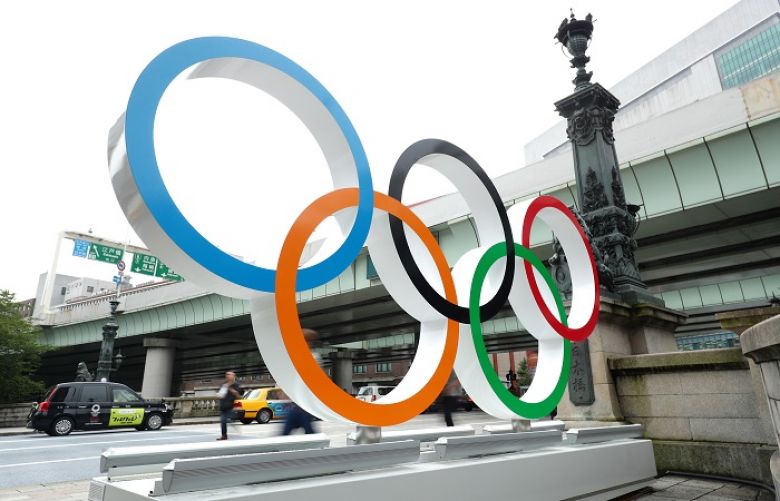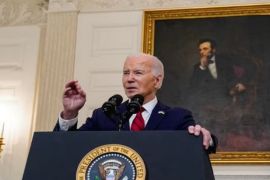The women’s marathon at the Tokyo 2020 Olympics and all the race walks have been rescheduled, following the controversial decision taken in October to move the events out of the capital 800 kilometers north to the city of Sapporo.
Tokyo 2020 organizers announced the rescheduling on Wednesday, following discussions with the International Olympic Committee and World Athletics, to ease the burden on National Olympic Committees and athletes traveling to northern Japan.
It now means that all the marathon and race walk events are scheduled to be held on four consecutive days, from August 6 to 9, with the men’s marathon remaining on the final day of the Games, as per tradition.
“Athletes’ health and well-being are always at the heart of our concerns, and the decision to move the marathon and race walk events to Sapporo shows how seriously we take such concerns,” the IOC’s Athletes’ Commission chair, Kirsty Coventry, said in a statement.
Both marathons will start at 7.00 am local time (2200 GMT). The women’s marathon was initially set for Aug. 2.
The IOC stunned Games organizers in October by announcing the marathon, one of the most prestigious events at any Olympics and one especially beloved in Japan, would be moved to the northern Japanese city of Sapporo to avoid the worst of Tokyo’s summer heat.
Tokyo temperatures in July and August, when the city will host the Games, regularly exceed 30 degrees Celsius with high humidity adding to the discomfort.
Additionally, organizers wanted to make traveling to Sapporo as easy as possible for National Olympics Committees (NOCs).
“There are some countries with the same person (coaches and officials) taking charge of both marathon and race-walking, or the same person taking charge of both male and female events,” explained Tokyo 2020 CEO Toshiro Muto on Wednesday.
“They (would) have to go back and forth (if marathon and race-walking are held in separate schedule)... and it produces extra costs.
“So there was a request to make the schedule as consecutive as possible.”
The October decision did not go down well with organizers, who had already done extensive planning for the events, including a series of cooling measures for the athletes, nor with the Tokyo governor, who reluctantly consented to the move.
When Tokyo hosted the Summer Olympics in 1964, they were held in October — an option no longer possible due to international sports schedules. Next year’s Games run from July 24 to Aug. 9.







